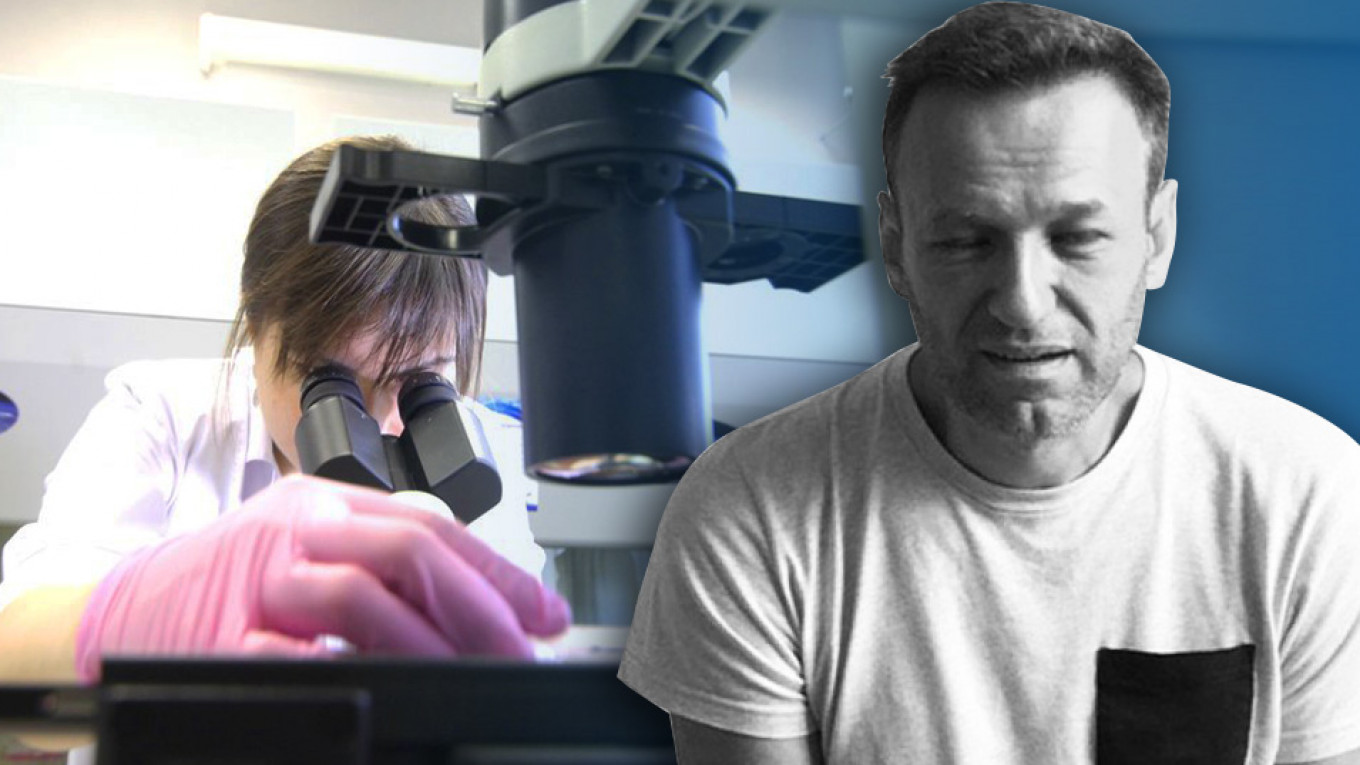
Russian labs are “afraid” to test samples taken from jailed opposition leader Alexei Navalny after he was briefly hospitalized with an acute allergic reaction which he claims was the result of poison, his personal doctor has said.
Earlier this week, a Russian state hospital said that Navalny had tested negative for poison, but his personal doctor, Anastasia Vasilyeva, warned the findings were inconclusive and could be wrong. Navalny’s allies have taken the T-shirt the opposition leader was wearing when he fell ill as well as hair samples in order to get an independent test carried out.
Independent examinations of Navalny’s samples “turned out to be difficult in Russia, everyone is afraid,” Vasilyeva, told the MBKh Media news website Thursday.
Vasilyeva added that the samples would be sent abroad, despite the high costs, if Russian toxicology labs continued to refuse to carry out tests.
Navalny filed an official complaint Thursday saying he was poisoned while in custody on Sunday, his lawyer said on social media. His legal team has asked investigators to conduct a forensic examination to identify the agent used, and to examine the video surveillance in Navalny’s detention room, the lawyer added.
Navalny was jailed for 30 days last week for urging people to take part in unauthorized protests in Moscow last Saturday.
Police detained more than 1,300 people at the rally in one of the biggest crackdowns of recent years on an increasingly defiant opposition decrying the Kremlin’s tight grip on power.
Russian police have so far identified 10 key suspects involved in what they call mass civil unrest and have already made five arrests, investigators said on Thursday.
The Investigative Committee said ahead of another opposition protest planned this Saturday that police planned to arrest more people suspected of involvement in unrest. Charges of organizing mass civil unrest in Russia carry a penalty of up to 15 years in jail.
Reuters contributed reporting to this article.

Leave a Reply